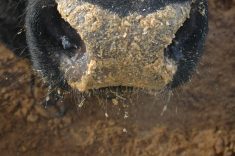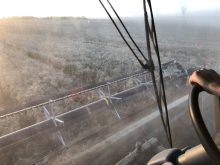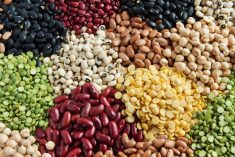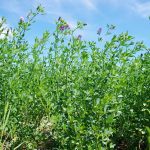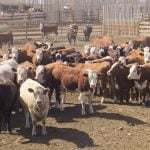Carinata is poised to become a more economical crop option for Prairie farmers now that the crop’s meal has the federal seal of approval.
The Canadian Food Inspection Agency recently approved carinata meal as feed for Canadian beef cattle.
Carinata is agronomically similar to mustard and canola — and according to Steve Fabinjanski, CEO of Agrisoma Biosciences, the crop’s exclusive North American distributor, it can fit in nicely with Prairie cropping rotations, “especially for those who see canola and mustard as risky because of potential heat and drought.”
Read Also
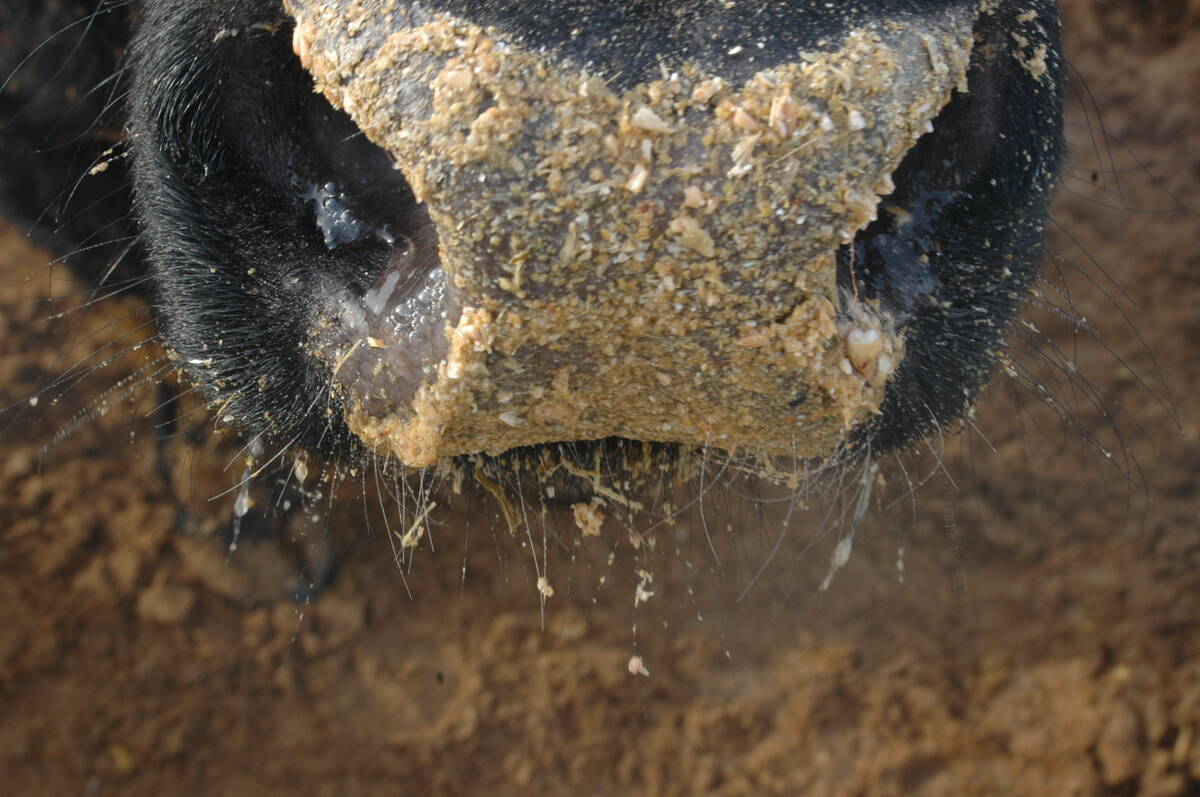
Feed Grain Weekly: Elevators offering higher prices for barley
Elevators in northern Alberta are offering higher prices for feed barley than in feedlots around Lethbridge, said an Edmonton-based analyst.
Agrisoma, he said, will offer “competitive pricing and contracts for 2015.”
In 2012 and 2013, carinata was grown by 70 farmers in Saskatchewan and Alberta. In 2014, Ottawa-based Agrisoma’s contracting program was put on hold, pending regulatory approval for use of the meal in livestock protein.
Now that this approval has been granted, Agrisoma estimates its 2015 contract availability at about 25,000 acres, but that number will change as the company develops markets during the coming year.
“We’ll build the program around that demand,” Fabinjanski said.
In the mid-1990s, Agriculture and Agri-Food Canada developed two Canadian varieties of the crop, traditionally known as “Ethiopian mustard.” Agrisoma commercialized those varieties and developed markets.
Carinata’s high levels of erucic acid make it well-suited for industrial uses such as biodiesel and aviation fuels. [Related story]
The crop will also be a useful addition in the cattle feed market, the company said, quoting University of Saskatchewan professor and Saskatchewan Beef Industry chair John McKinnon in a company release.
“Carinata meal is relatively low in fibre and an excellent source of crude protein that is readily degradable by rumen bacteria,” McKinnon said. “As such, this meal can be used effectively to meet the rumen degradable protein needs of growing cattle.”
Farmers growing carinata under contract with Agrisoma will deliver to and be paid by Paterson Grain terminals. [Related story]
— Leeann Minogue is editor of Grainews at Griffin, Sask. Follow her on Twitter at @GrainMuse.



